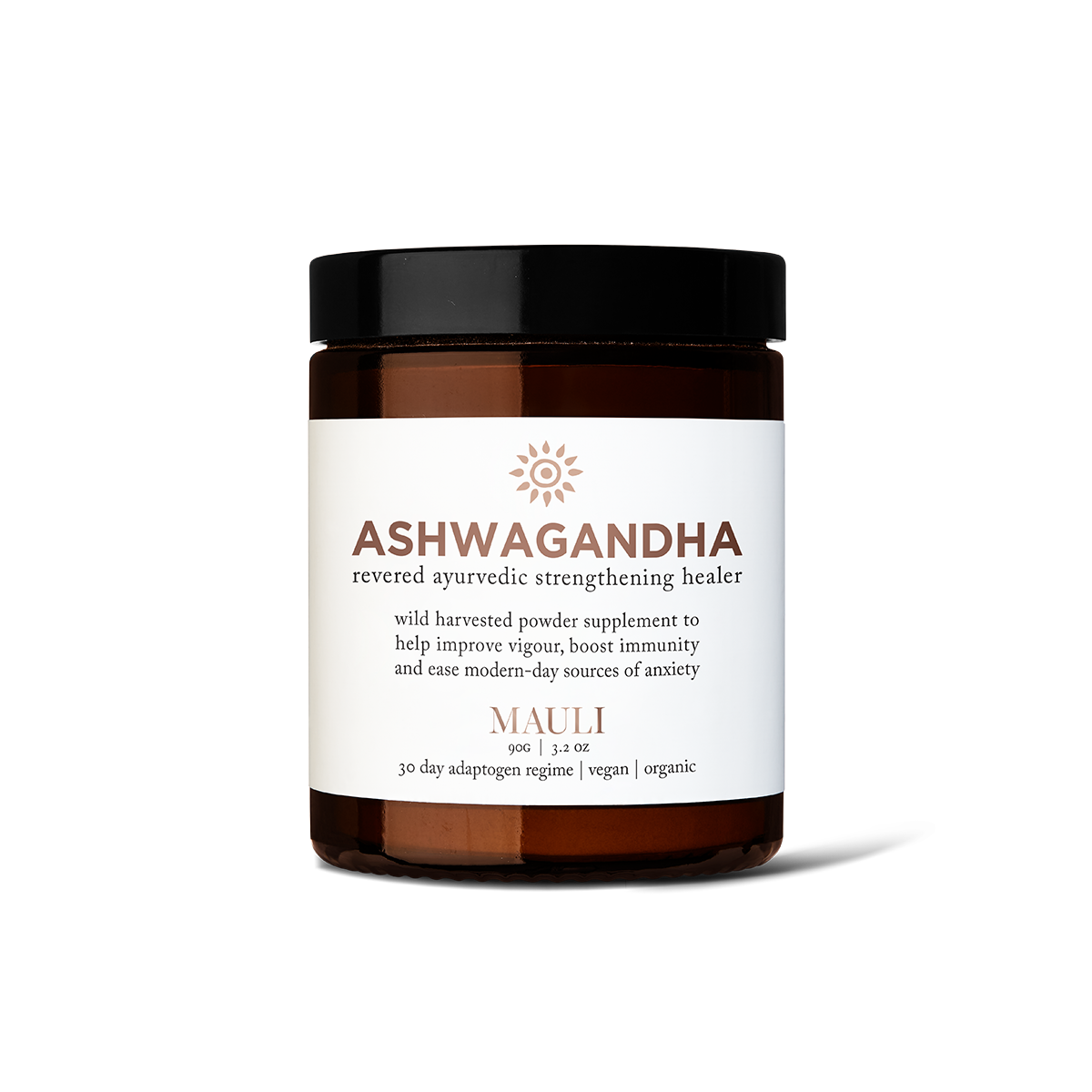Your energy is governed by the qualities of air and either, making you naturally dynamic, vibrant and spontaneous.

vata mind
You are an adaptable, creative, imaginative and impulsive person. You relish learning new things, but are not as keen on retaining knowledge and need change. Such is your quick mind and boundless energy, that you race from one topic to another, sometimes not even finishing your sentences.

vata lifestyle
You enjoy spending money and lavishing it on others. While you need routine, it’s something you struggle with and you are likely to change your plans at the last minute. You work well in short, sharp bursts. A natural multi-tasker, when in balance you have an amazing ability to get things done with vision and flair.

vata body
Your dynamic energy is light, dry, changeable and governs bodily functions associated with movement, including the flow of fluids, of cells, feelings, breath and nerve impulses. Your appetite tends to vary, in that you will eat and drink lots and then not at all.
signs of vata imbalance
Having too much Vata energy, which especially manifests in autumn, leads to a lack of focus, forgetfulness and dips in energy, which further cause mood swings, anxiety, insomnia and low self-esteem. Physically you may experience poor circulation, constipation, headaches, sore throat, cramps, abnormal blood pressure and arthritis. These potential concerns can all be diminished by simply becoming aware of imbalances and the triggers and requires that you work with and not against your unique DNA; which is one that creates magic in the world by bringing its vision alive for all to enjoy and appreciate.
how to get back in the flow

step 1: create a routine
When you find yourself feeling out of balance, the first thing to do is create consistency in your life in terms of daily rituals. By all means plan variety into your rituals, be it choosing a day a week to try different activities or foods but also keep those to set times, as opposed to whenever the mood takes you.
what to include in your rituals
Exercise
The ideal exercise regimes for you are walking outdoors for a daily dose of vitamin D, yoga and pilates, as you can suddenly become sensitive to loud, stressful environments if you have not taken time away to still your active mind.
Meditation
Begin and end each day with meditation and if it’s easier, start by using guided meditation to calm the mind and once that feels comfortable, aim to progress to periods of complete silence.
You may find your thoughts running away with you and your mind easily distracted. We recommend using a grounding affirmation or mantra such as “I am focused, I am centred” to quieten your tornado of thought.
Abhyanga
A nightly bath with healing salts and massaging with Surrender Vata Oil, will help release toxins, get energy flowing and relax an anxious mind.
Use light pressure and slow gentle strokes with warm or hot oil.

step 2: adjust your diet
Food-wise, focus on grounding, warm and moist foods while restricting dry ones. You can go for naturally sweet, sour or salty foods and healthy fats such as ghee and nuts. Drink hot water throughout the day and cut down on raw foods and sprouted vegetables. Above all, be kind to yourself as you of all the doshas have a tendency to expect too much of yourself.



















